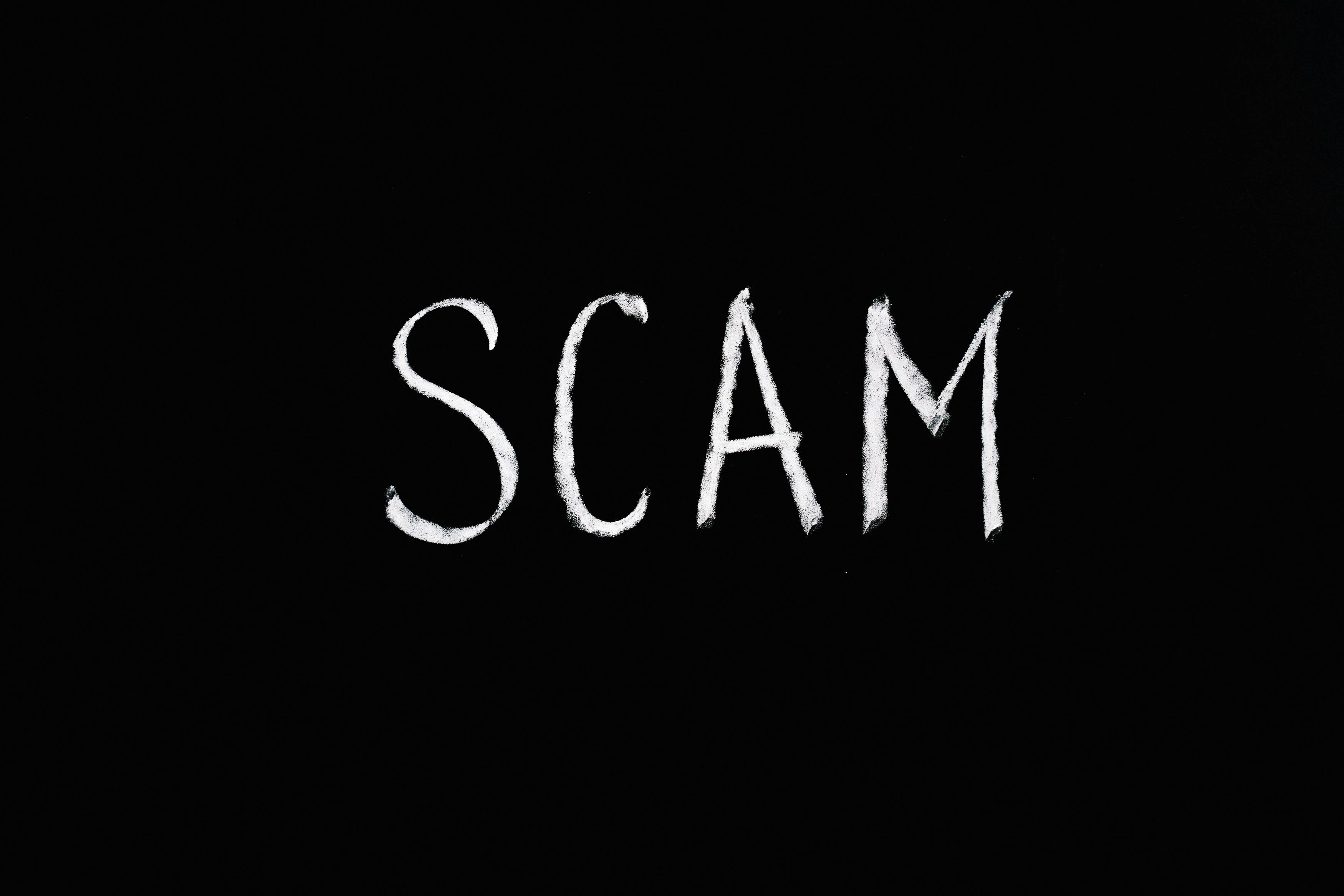
How to Sell Online Courses and Coaching Programs: A Beginner’s Guide That Actually Works
If you’ve ever thought, “I know stuff people should pay to learn,” congratulations. You’re already halfway to becoming an online educator. The other half? Actually selling your courses or coaching programs without sounding like a late-night infomercial.
At ContentHub.Guru, we’ve guided thousands of creators, coaches, and experts from idea to income. And here’s the truth: selling online courses is not just about creating content—it’s about storytelling, strategy, and connection.
Why Selling Courses Online Is More Accessible Than Ever
Ten years ago, launching an online course meant complicated software, high production costs, and a small, hard-to-reach audience. Today? You can shoot a professional-looking course on your smartphone, host it on platforms like ContentHub.Guru, and reach students worldwide.
Here’s why now is the perfect time:
-
Global Audience: People want to learn online more than ever. From marketing hacks to meditation techniques, knowledge is a commodity.
-
Flexible Formats: Courses, webinars, and coaching programs can be live, pre-recorded, or hybrid.
-
Automation Opportunities: Once your course is online, sales, onboarding, and delivery can run automatically—earning you passive income while you sleep.
Content vs. Monetization: What You Need to Know
Many aspiring educators make the mistake of thinking great content automatically sells itself. Sorry to break it to you: it doesn’t.
ContentHub.Guru’s rule: Content creation ≠ course sales.
-
Content creation is your brain spilled onto slides, video, or PDFs.
-
Course monetization is knowing your audience, marketing strategically, and guiding them from “interested” to “purchasing student.”
Great content is necessary but not sufficient. You also need a strategy that connects with real human needs.
Step 1: Define Your Audience
You cannot sell to everyone. Trying to do so is like throwing spaghetti at the wall and hoping it sticks. Instead:
-
Ask: Who needs this knowledge the most?
-
Identify pain points: What problem does your course solve?
-
Determine their learning style: Videos, PDFs, or live sessions?
Pro tip from ContentHub.Guru: the more specific your audience, the easier it is to market your course effectively.
Step 2: Choose the Right Platform
While you can host a course on your website, platforms like ContentHub.Guru make everything simpler:
-
Course hosting (video, PDF, quizzes, exercises)
-
Payment processing
-
Analytics to track engagement and sales
-
Automated student onboarding
Choosing a platform isn’t just about convenience—it’s about professionalism and credibility.
Step 3: Package Your Knowledge
Your course or coaching program should feel like a complete, finished product, not a lecture dump. Consider:
-
Curriculum Structure: Break topics into bite-sized modules.
-
Actionable Steps: Students should walk away with tangible results.
-
Supporting Material: PDFs, cheat sheets, exercises, and resources elevate your program.
-
Engagement Hooks: Quizzes, interactive sessions, or discussion boards keep students invested.
At ContentHub.Guru, we always recommend creating a course roadmap first, then filling in content module by module.
Step 4: Price Your Course or Coaching Program
Pricing isn’t arbitrary. Consider:
-
Value to the student: What transformation will they get?
-
Market research: What are competitors charging?
-
Delivery method: Live coaching often commands higher prices than pre-recorded courses.
Pro tip: Offer tiered pricing for different levels (basic, advanced, VIP coaching) to capture more students and provide flexible options.
Step 5: Market Your Course
Marketing is where most people falter. Here’s how ContentHub.Guru recommends approaching it:
-
Build an Audience First: Start with free content that educates and excites. Think blogs, videos, or newsletters.
-
Use Storytelling: Share personal stories or success stories of previous students to make your course relatable.
-
Email Marketing: A well-crafted email sequence can convert casual interest into paying students.
-
Social Proof: Testimonials, reviews, and success metrics build trust.
-
Limited Offers & Bonuses: Scarcity works—but keep it authentic.
Remember: people buy from those they trust and relate to, not just the person with the flashiest slides.
Step 6: Launch & Optimize
Launching isn’t a one-day event—it’s a process:
-
Pre-launch: Tease your course, offer free mini-lessons, or host a webinar.
-
Launch week: Announce it everywhere—social media, emails, and your platform.
-
Post-launch: Collect feedback, track analytics, and refine your content or marketing.
ContentHub.Guru users love our analytics dashboards, which show exactly which modules students engage with the most—and which ones might need improvement.
How-to: Turn Your Expertise Into Your First How-to: Turn Your Expertise Into Your First $1,000,000
Pick a niche topic you’re passionate about and that solves a real problem.
Create a 3–5 module mini-course with actionable steps.
Host it on a platform like ContentHub.Guru for easy delivery and payment.
Market it through social media posts, a small email list, or a free webinar.
Collect testimonials and iterate—your first How-to: Turn Your Expertise Into Your First $1,000,000 is just the start.
FAQ: Selling Online Courses and Coaching Programs
Q1: Do I need to be an expert to sell a course?
You need to be knowledgeable enough to help someone achieve a specific outcome. You don’t need a PhD, just clarity and actionable advice.
Q2: Should I start with a course or coaching program?
Courses are scalable; coaching is personalized. Many creators start with a small course, then add coaching as demand grows.
Q3: How long does it take to create a course?
Depends on scope. A small mini-course could take a few weeks; a full program could take months. ContentHub.Guru allows you to launch even while refining modules.
Q4: How do I price my course?
Focus on the transformation, not the hours spent. Tiered pricing or early-bird discounts often work best.
Q5: Can I sell globally?
Absolutely. Online platforms handle payments and delivery worldwide—your audience can literally be anyone with Wi-Fi.
Final Takeaway
Selling online courses or coaching programs is no longer reserved for tech moguls or celebrity gurus. Anyone with knowledge, clarity, and strategy can turn expertise into income.
The formula is simple:
-
Know your audience
-
Create valuable content
-
Choose the right platform (hint: ContentHub.Guru makes this easy)
-
Market authentically
-
Iterate and grow
Do this, and you’re not just teaching—you’re building a business that scales with your passion.
Suggested for You

How to Write Blog Posts That Rank: A Beginner’s Guide to Getting Seen
Reading Time: 5 min
Learn how to write blog posts that rank on Google without losing your personality. This guide walks ...
Read More →
Side Hustles That Actually Pay: Avoid the Scams and Make Real Money in 2025
Reading Time: 5 min
Discover side hustles that actually pay versus scams to avoid. Tips, real stories, and step-by-step ...
Read More →
Time Zones Explained: Why the World Runs on Its Own Clock
Reading Time: 5 min
Explore the fascinating world of time zones, their history, quirks, and cultural impact. Learn why y...
Read More →
How to Write Viral Headlines: Tips, Tricks & Examples
Reading Time: 5 min
Learn how to write viral headlines that grab attention, boost clicks, and drive engagement. This gui...
Read More →
Comments